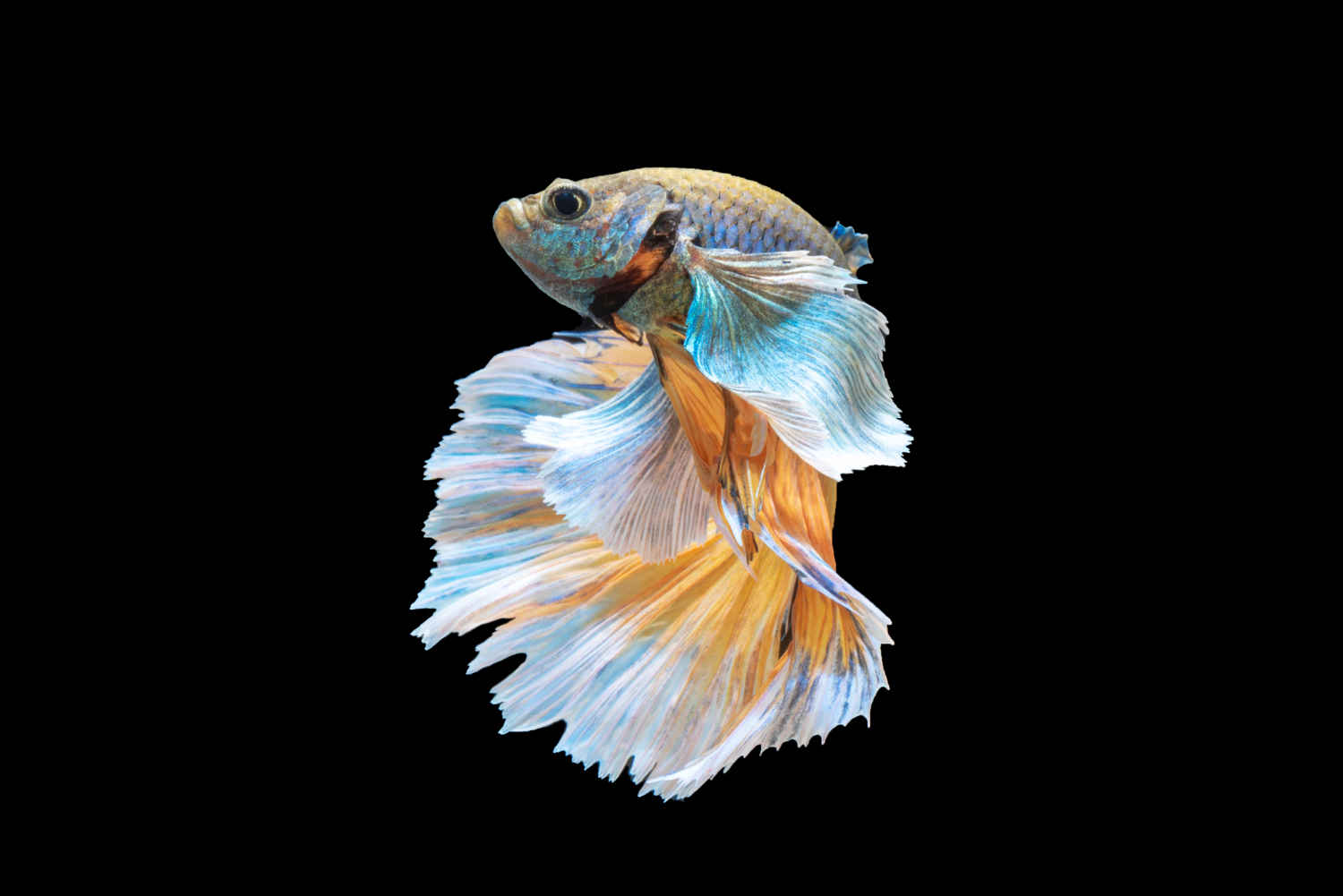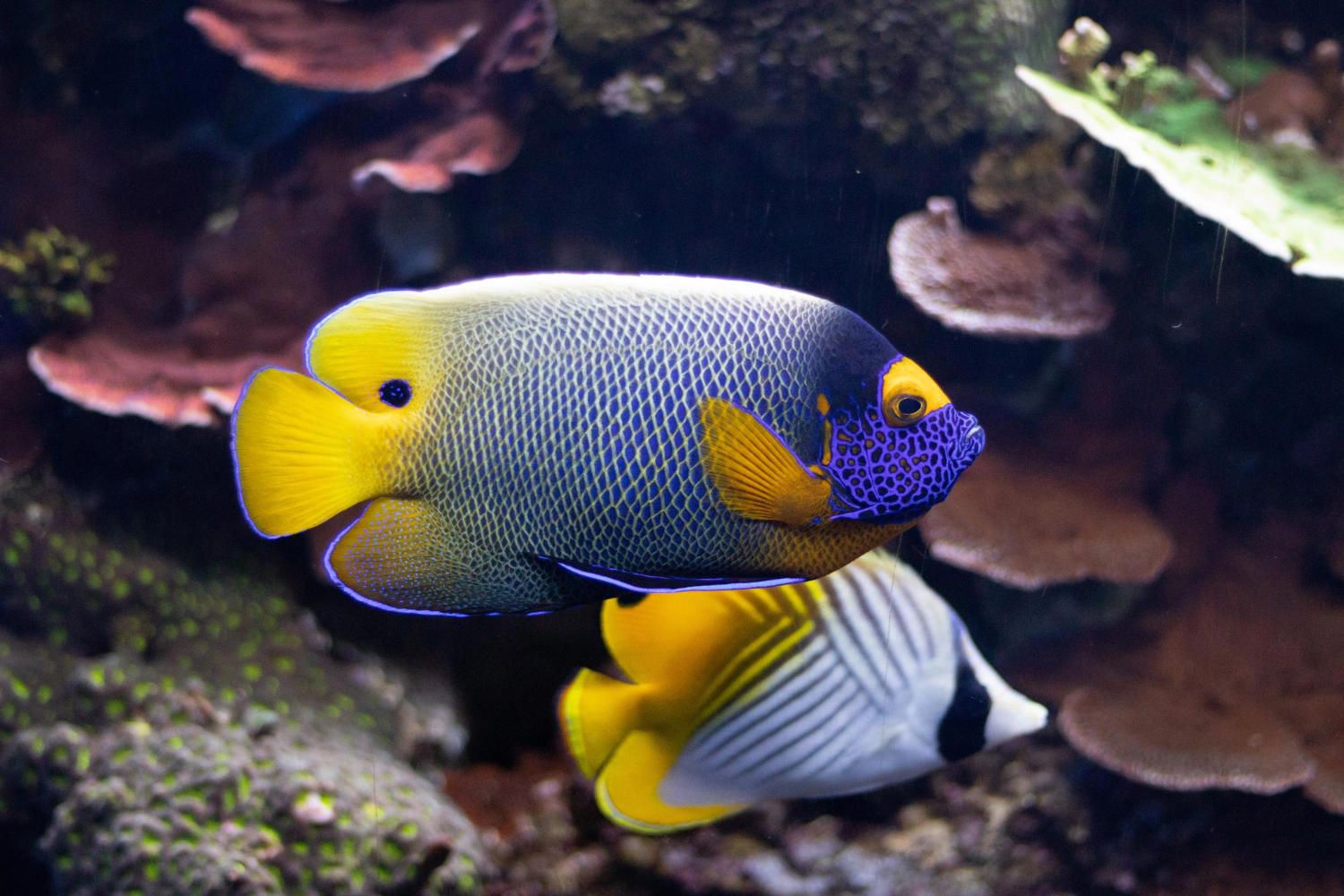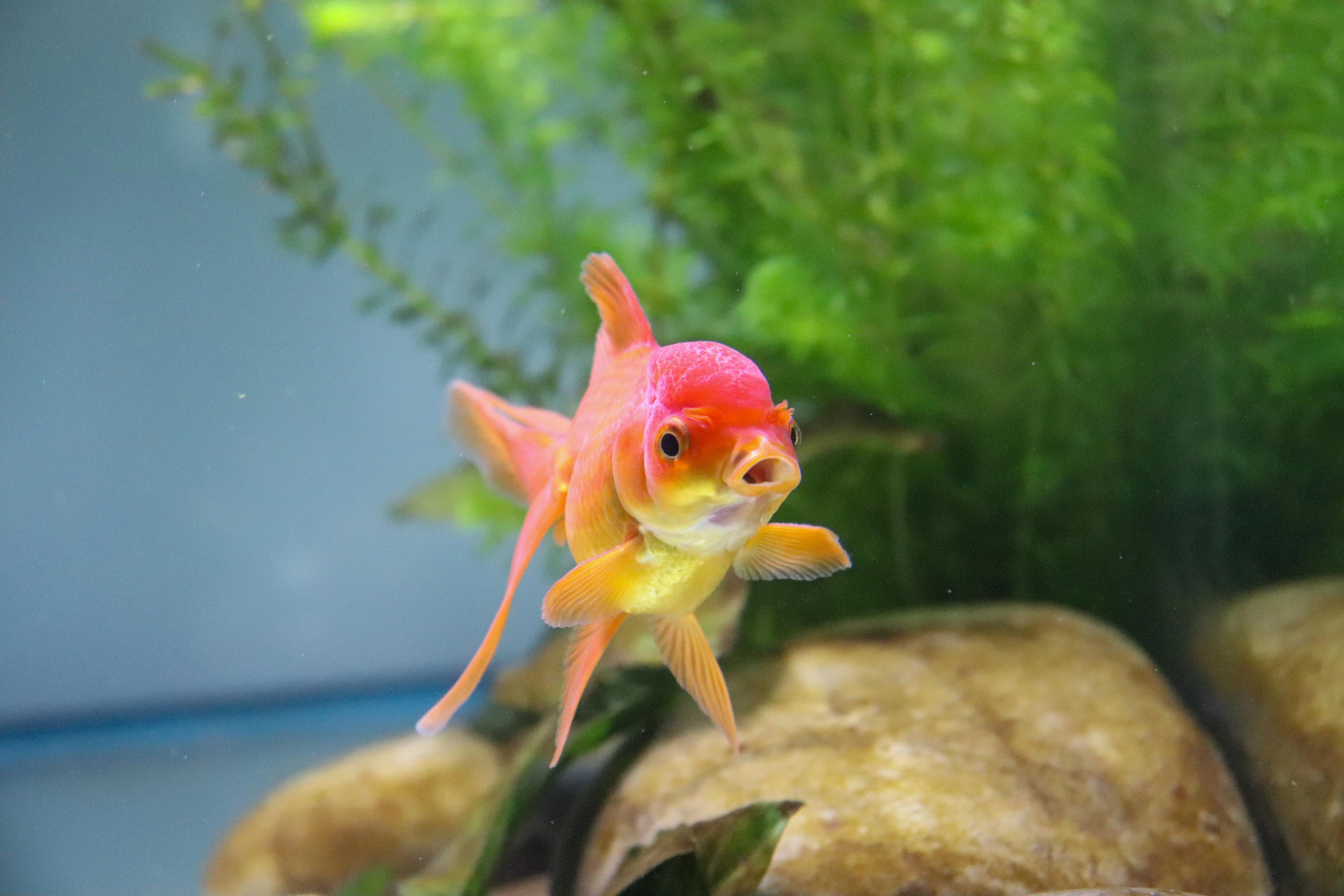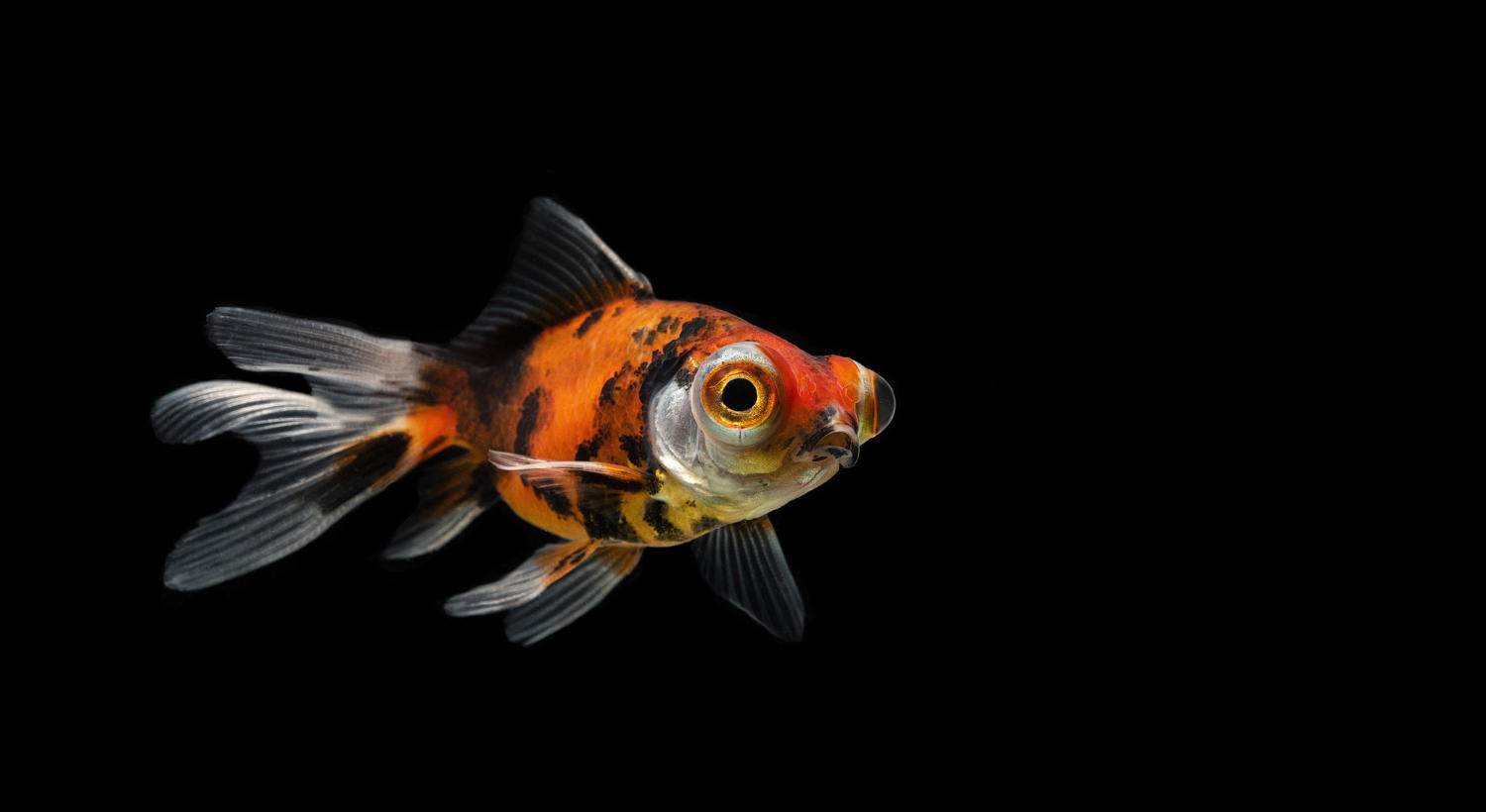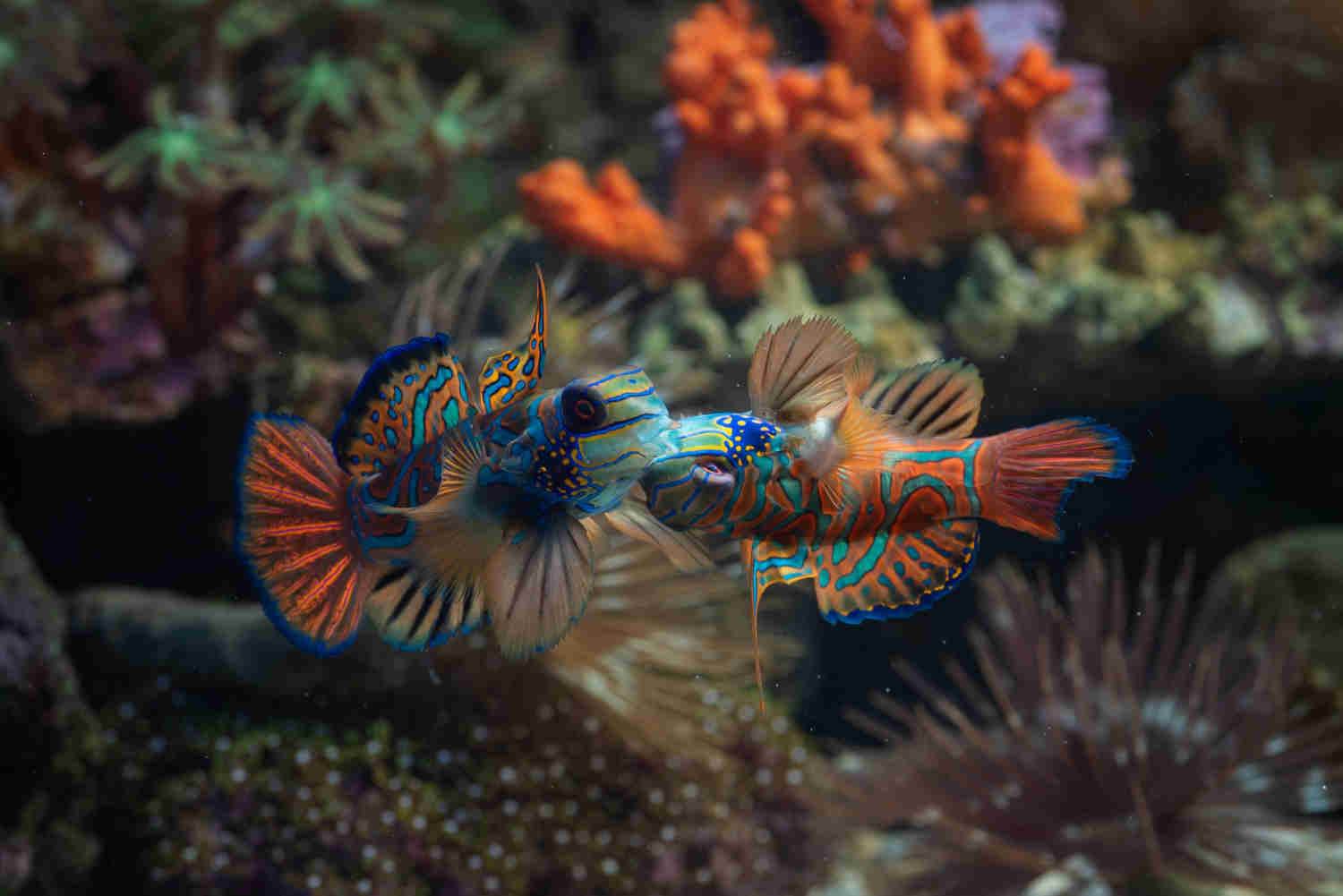Have you ever heard of the phrase scared to death? As it turns out, this is not just a saying for humans. Fish, too, can experience shock to the point of death. Whether you’re a seasoned fish owner or a newcomer to the hobby, it’s important to understand the potential dangers that your fish may face. In this post, we’ll explore the topic of fish shock and answer the question every fish owner should know: can your pet fish die from shock? So, sit back, grab a cup of coffee, and let’s dive into the world of fish health and wellness.
Fish 101: Can Your Pet Fish Die from Shock?
When it comes to keeping pet fish, there are many things to consider, including water temperature, pH levels, and proper feeding. However, one thing that often goes overlooked is the possibility of fish experiencing shock. In this blog post, we will explore what fish shock is, how it can occur, and how to prevent it from happening to your beloved aquatic pets.
What is fish shock?
Fish shock is a medical condition that can occur when a fish experiences a sudden and drastic change in its environment. This change can be caused by a variety of factors, including rapid temperature changes, water chemistry imbalances, or even physical trauma.
Symptoms of fish shock can include lethargy, loss of appetite, rapid breathing, and even death. If you suspect that your fish is experiencing shock, it is important to take action immediately to prevent further harm.
How can fish shock occur?
One of the most common causes of fish shock is a sudden change in water temperature. Fish are cold-blooded animals, which means that their body temperature is regulated by the temperature of their surrounding environment. If the water temperature changes too quickly, it can cause the fish to experience shock.
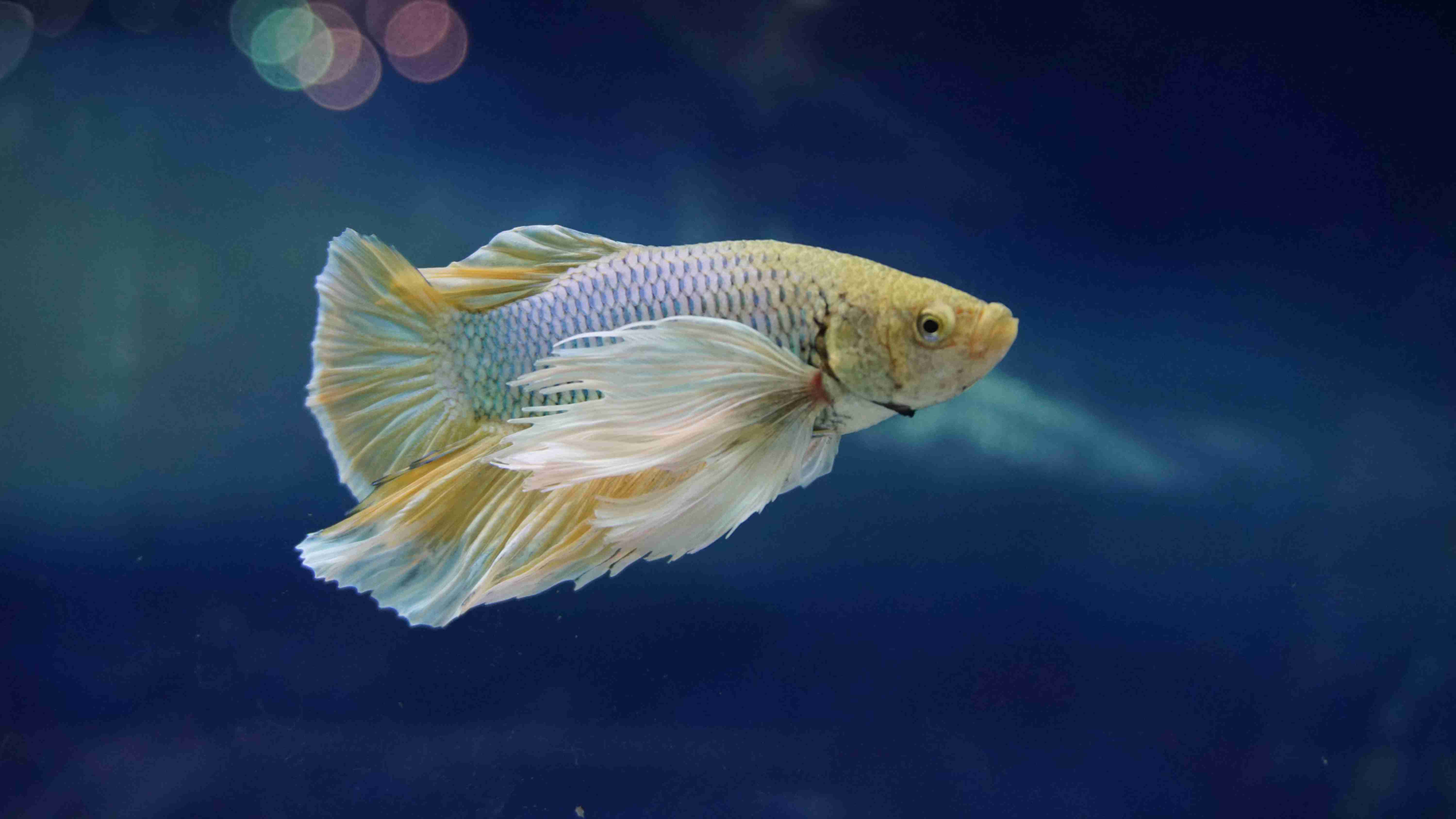
Water chemistry imbalances can also cause fish shock. For example, if the pH level of the water suddenly becomes too acidic or too alkaline, it can cause the fish to become stressed and potentially develop shock. Additionally, if there is a sudden increase in ammonia or nitrite levels, it can be harmful to your fish.
Physical trauma is another possible cause of fish shock. This can happen if the fish is accidentally dropped or if it is attacked by another fish in the tank.
How to prevent fish shock?
The best way to prevent fish shock is to maintain a consistent environment for your fish. This means keeping the water temperature within a stable range, regularly testing the water chemistry levels, and ensuring that your fish are not subjected to physical trauma.
When it comes to temperature changes, it is important to slowly acclimate your fish to any changes in temperature. This can be done by gradually adjusting the water temperature over a period of several days, rather than making a sudden change.
Regularly testing the water chemistry levels is also crucial for preventing fish shock. This can be done using a testing kit that measures the pH level, ammonia level, and nitrite level of the water. If any imbalances are detected, it is important to take action to correct them as soon as possible.
In addition to maintaining a stable environment, it is also important to provide your fish with a healthy diet and adequate space. Overcrowding can cause stress, which can make fish more susceptible to shock.
Fish shock is a serious condition that can be fatal for your pet fish. By understanding the causes of fish shock and taking steps to prevent it from occurring, you can help ensure the health and well-being of your aquatic pets. Remember to maintain a stable environment, regularly test the water chemistry levels, and provide your fish with a healthy diet and adequate space. With these measures in place, you can enjoy a thriving and happy aquarium for years to come.
In conclusion, understanding the signs and symptoms of shock in fish, and taking preventative measures to avoid it, is crucial to keeping your pet fish healthy and happy. Remember to always monitor the water quality and temperature, provide adequate space and hiding places, and be gentle when handling your fish. By following these simple tips, you can help ensure that your fish live long, healthy lives and never experience the devastating effects of shock. So, next time you notice any unusual behavior in your fish, act quickly and seek the advice of a veterinarian or other fish expert to ensure that your pet stays safe and healthy.
Please follow us on Social Media


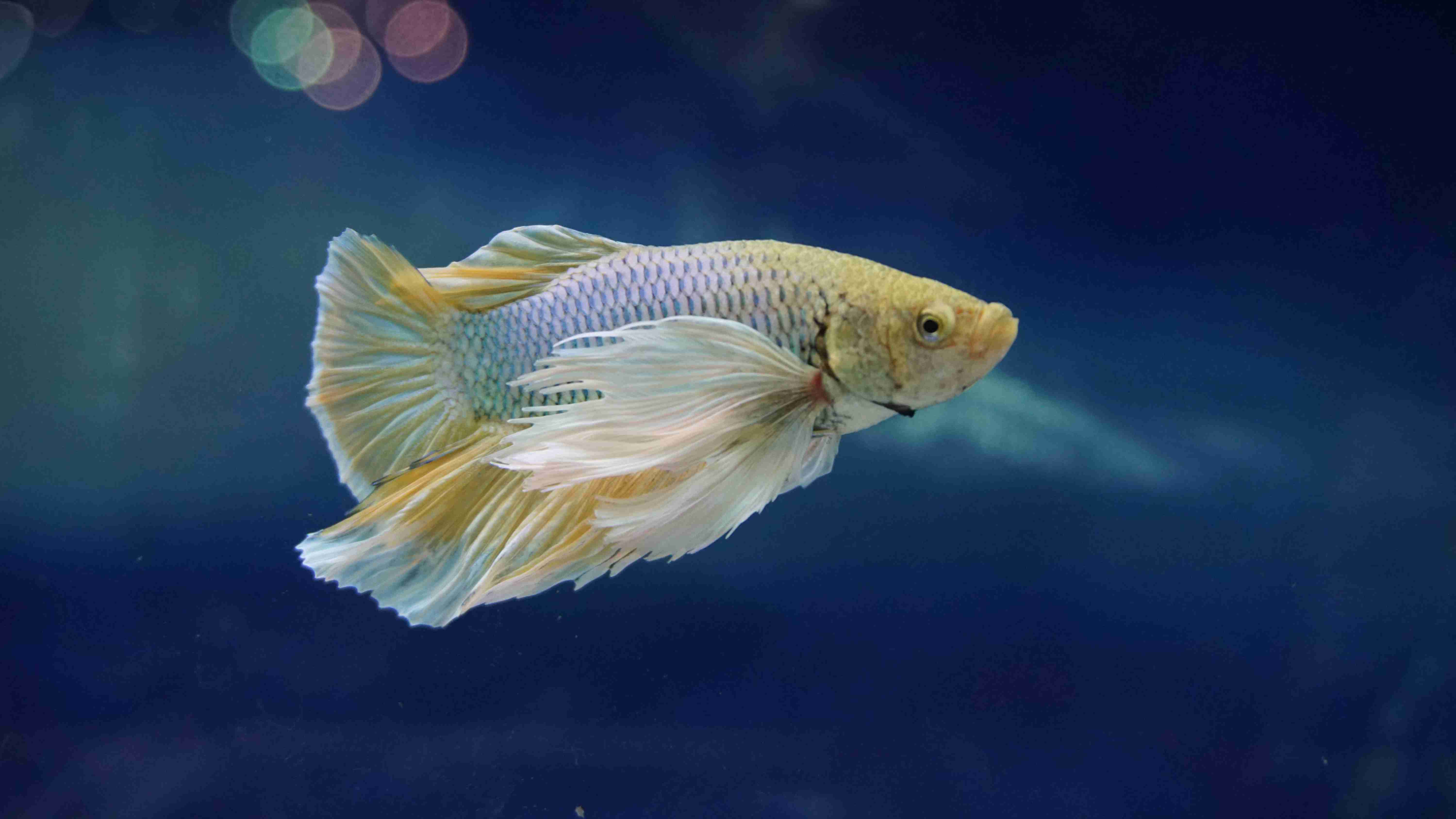
%20-%20Copy.jpg)
